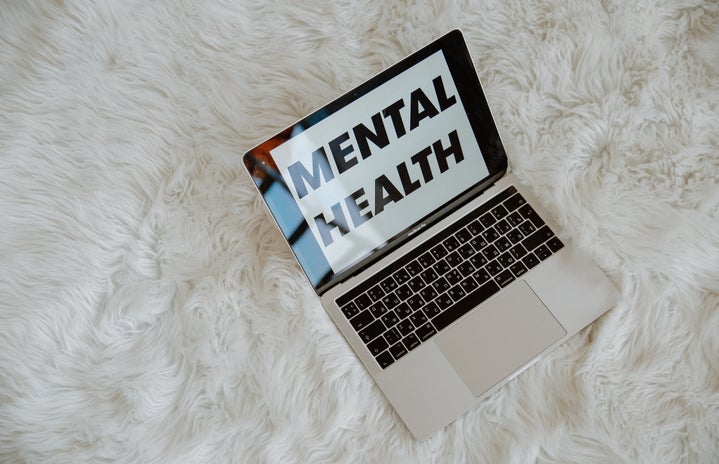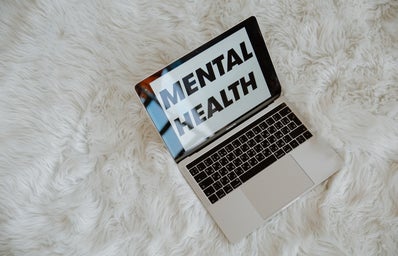September is National Suicide Prevention month, and in this day and age we must be able to initiate conversations about suicide. We live in a world where conversations surrounding suicide are highly stigmatized and because many people are uncomfortable with the subject, we never discuss it. But that doesn’t mean it isn’t currently impacting our communities. The reality is suicide is the second leading cause of death for individuals ranging from ages 10-34 in the U.S., according to the Center for Disease Control (CDC).
College students are at the highest risk of suicide, especially given the current pandemic we are experiencing right now. Approximately 1,100 college students die by suicide yearly and 12% of all college students have reported experiencing suicidal thoughts and ideations at least once out of their four years at college. We as a society cannot dismiss the fact that many young people are killing themselves and are experiencing suicidal thoughts. In order to stomp on the stigma and be able to support many people who have or continue to have thoughts about suicide, it is crucial for us as a society to have this difficult, yet essential conversations.
It can lower the risk of suicide
Research shows that in communities where conversations are being normalized about mental health and suicide, it has lowered the rate of suicide. Although there is a common misconception that talking about suicide will make individuals more likely to follow through and kill themselves, it is actually quite the opposite. By speaking out and having these difficult conversations, people feel a sense of unity and connection among their peers. By being open and vulnerable with others, individuals are able to see that what they are experiencing is quite common and that they are not alone.
Creates an open dialogue
By allowing people to openly discuss and initiate conversations about mental health topics such as suicide, we can begin to educate others who have little to no knowledge about what suicide really is. Many people only know the misconceptions about suicide and mental health issues and disorders. Creating an nonjudgemental space not only allows people who have thought about suicide to feel heard and accepted but also allows their loved ones to learn that these misconceptions are false. Much like any topic in life, if people have not experienced it they do not understand it and creating an open forum allows discussions to grow in an educational manner, rather than a criticizing one.
One step closer to stomping on the stigma
Without a doubt, mental health is stigmatized in the society we live in today. Not only that, but specific communities have been culturally taught that suicide, mental health, and worrying about ones emotions can be equated to weakness. This ideation and mentality is one that has been built on for generations and is not something that can go away quickly. Much like how it took time for several people to adopt that original ideation, it will take even longer to educate a new ideation of the normalization of conversing about mental health issues. However, through initiating conversations about suicide, we are taking a step closer to rebuilding a new society, one that acknowledges mental health issues. Is it uncomfortable? Yes. Is it necessary? ABSOLUTELY.
We have proven time and time again that the society that we live in is one that needs to change and that we are the generation that needs to enact that change. It is beyond easy to criticize society for how we fall short but it is insanely difficult to stand up and say this is how we NEED to change. It is in no shape or form going to be easy but nothing in this lifetime ever is. So take that gigantic leap and initiate those conversations about suicide because it is the only way we will be able to stomp on the stigma that is mental health.
Helpful Resources:
- LMU STUDENT PSYCHOLOGICAL SERVICES
- SUICIDE PREVENETION LIFELINE
- TREVOR HELPLINE/SUICIDE PREVENTION FOR LGBTQ+ TEENS (OR CALL 1-866-488-7386)
- CRISIS TEXT LINE (OR text HOME to 741741)



